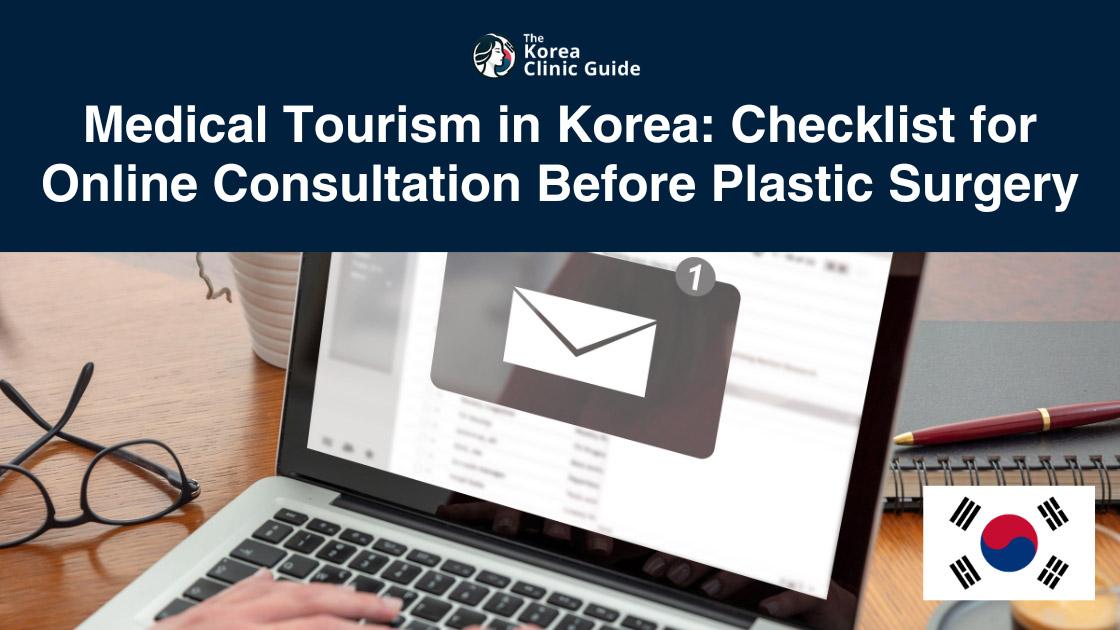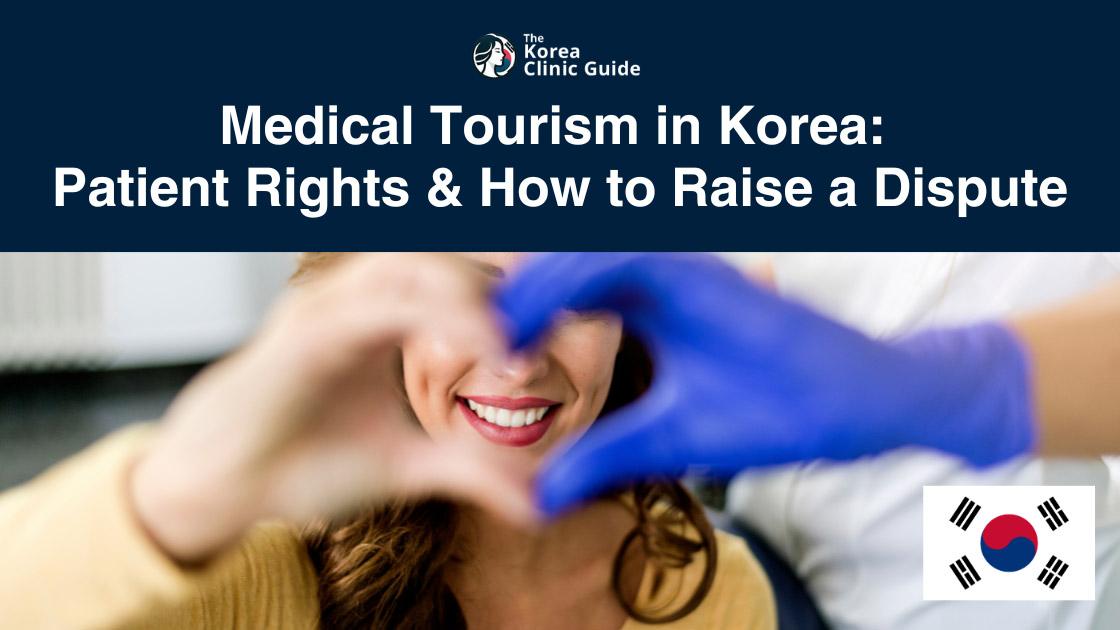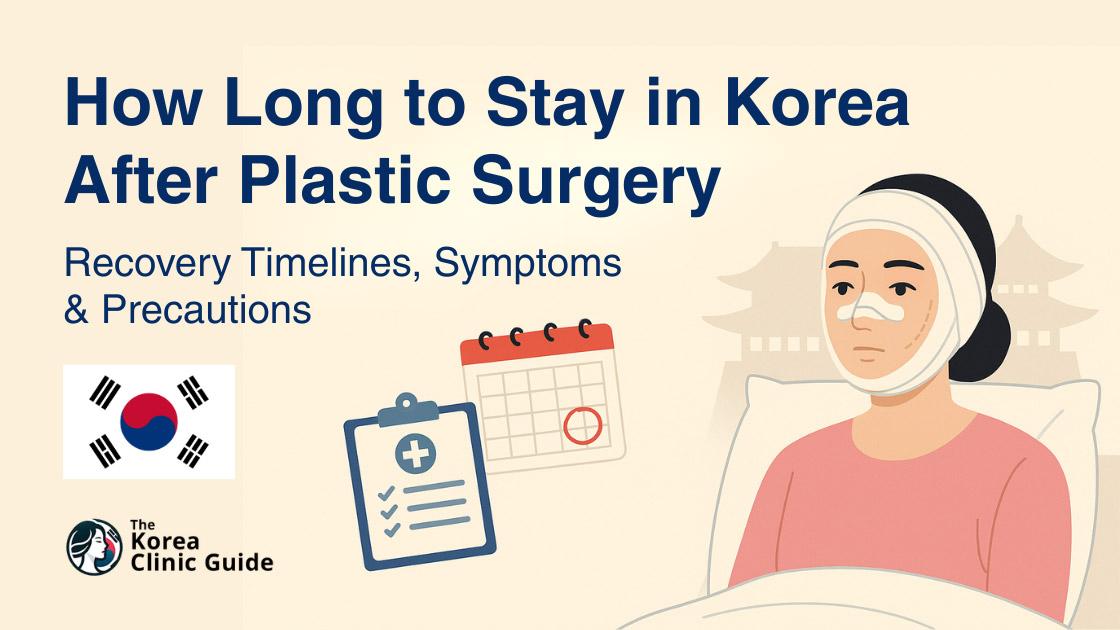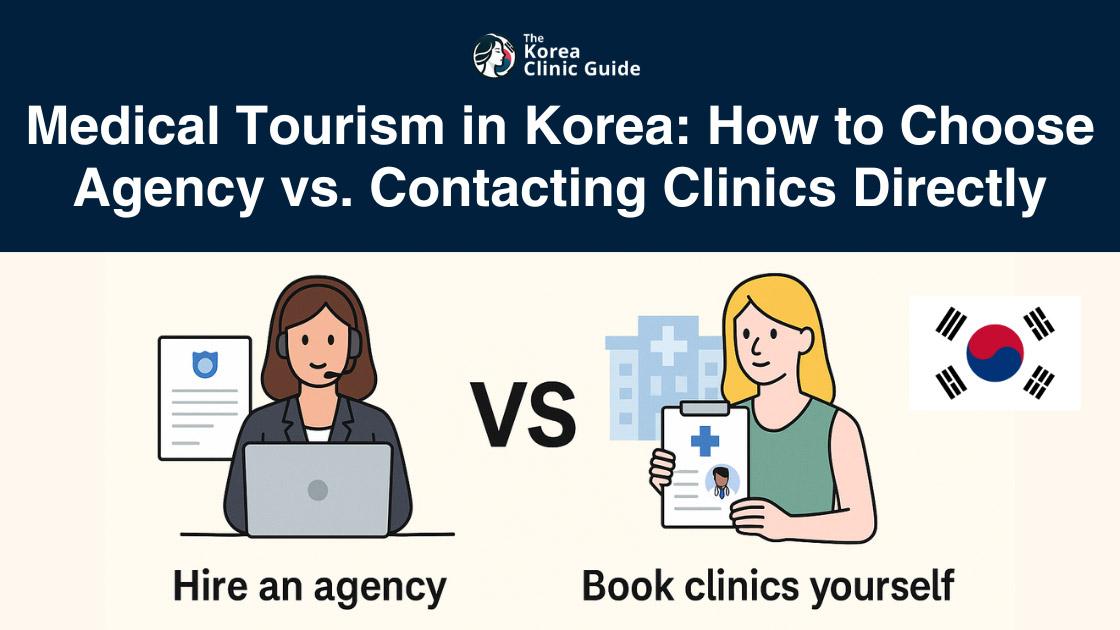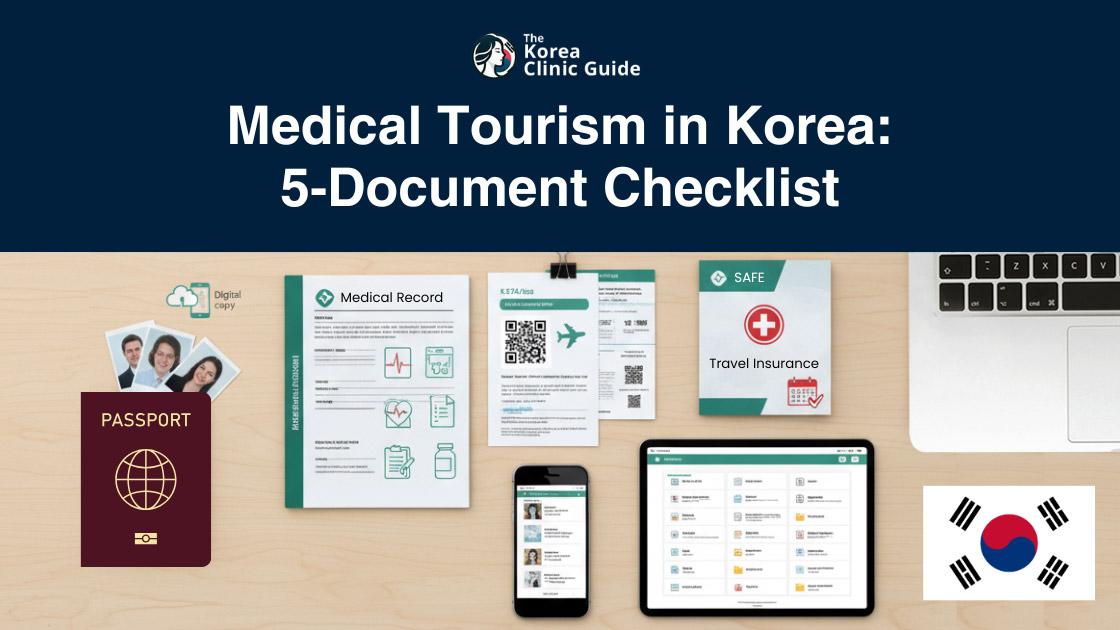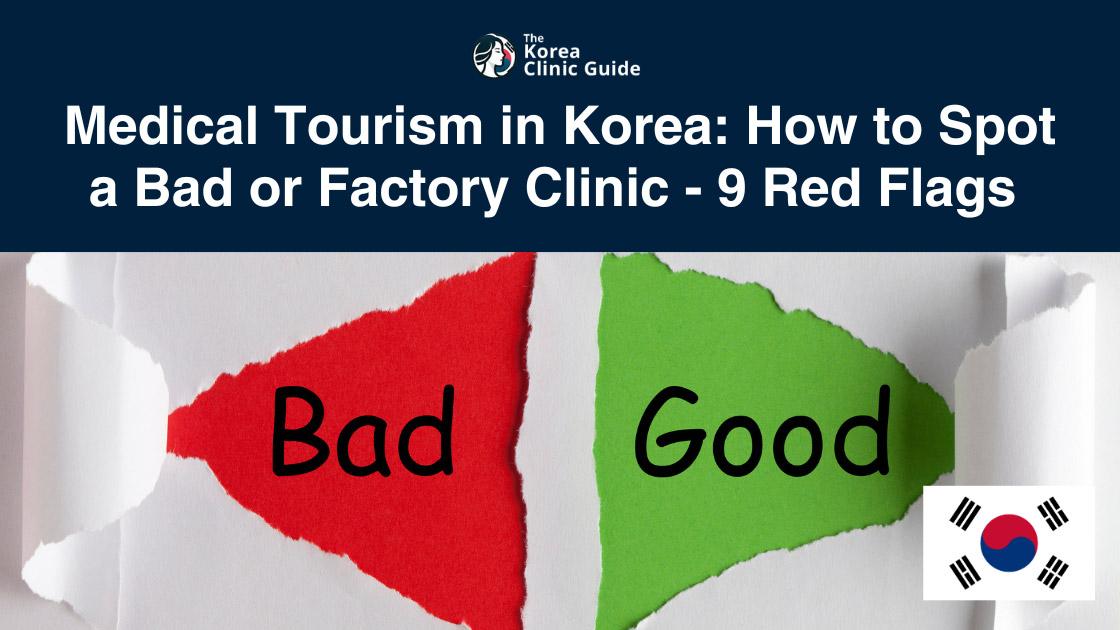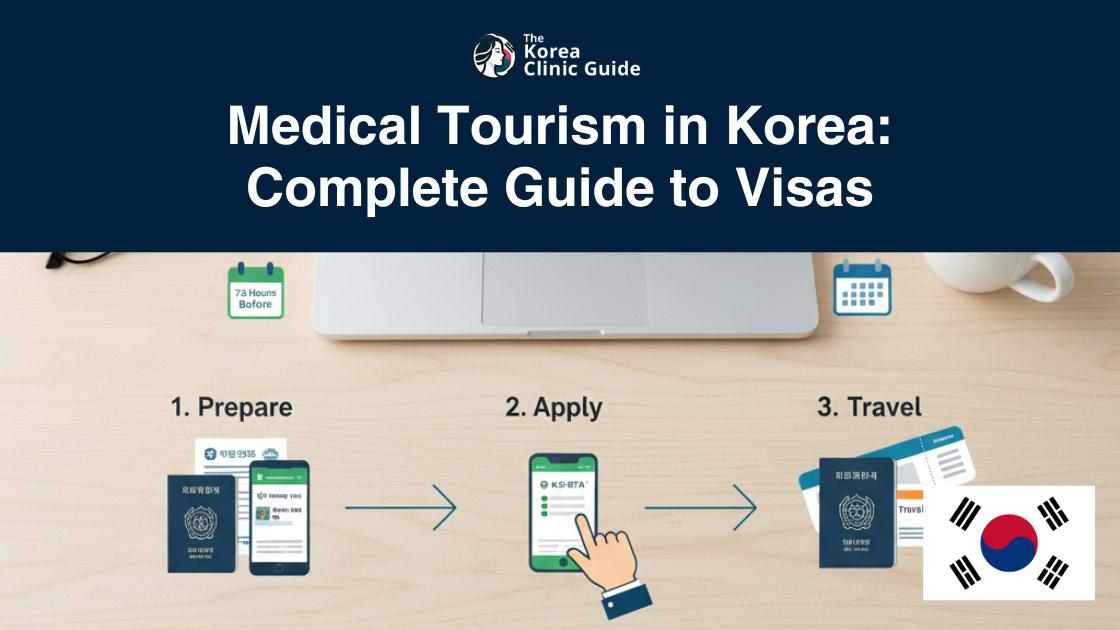Medical Tourism Blog
Managing Swelling and Bruising After Plastic Surgery in Korea: Effective Techniques and Tips

Table of contents
- Understanding Swelling and Bruising Post-Plastic Surgery
- Importance of Following Your Surgeon’s Instructions
- Technique and Skill of Korean Doctors
- Pre-and Post-operative Care
- Korean Home Remedies and Treatments
- Importance of Follow-up Care
Considering treatment in Korea? Everything you need to know e.g. — how to avoid scams, visas, interpreters, recovery tips — in our Medical Tourism Master Guide. Plan with confidence in minutes, not weeks!
Korea is globally recognized as a leading country for plastic surgery due to its advanced procedures, skilled professionals, and affordable prices. However, as with any surgical operation, it is crucial to ensure proper post-operative care to accelerate the healing process. Post-operatively, swelling and bruising are common, they can significantly affect the outcome of the surgery if not correctly managed.
Understanding Swelling and Bruising Post-Plastic Surgery
Swelling and bruising are a natural occurrence after undergoing plastic surgery. They are part of the body’s response to the trauma caused by the operation. The body sends in an army of defense cells to begin the healing process, contributing to inflammation and discoloration. Understanding this essential response can alleviate concerns and inform on how to manage these temporary post-surgical effects.
Why Swelling and Bruising Occur
In plastic surgery, the body tissues are manipulated, cut, and stretched. This process inevitably leads to some form of injury that the body sees as a threat. It responds by initiating a defensive inflammatory process, leading to swelling, discomfort, and oftentimes, bruising.
Bruising or ecchymosis happens when blood vessels are injured, and the blood leaks out into the surrounding tissue. This results in purple-blueish blotches on the skin surface. Swelling or edema, on the other hand, is due to an accumulation of fluid in the body tissues.
The Healing Timeline of Swelling and Bruising
Generally, the swelling and bruising peak 48 hours post-operation then gradually decrease. The rate at which they dissipate can vary from person to person since it is influenced by multiple factors such as the type of procedure, the body's healing capacity, and adherence to post-operative care instructions.
Bruising usually resolves faster, typically within 2 weeks. Swelling, however, can persist for a longer duration, lasting up to several months.
Preoperative Measures to Reduce Swelling and Bruising
In Korea, surgeons often prescribe certain medications and supplements preoperatively to control post-op swelling and bruising. These can include Vitamin C, Bromelain, and Arnica. However, patients should always discuss any supplants or medications with their surgeon to ensure they do not interact adversely with other drugs or the surgery itself.
Post-Operative Measures to Manage Swelling and Bruising
The management of swelling and bruising post-plastic surgery in Korea is a combined effort between the surgeon and the patient. Some general guidelines include:
-
Elevation: Keeping the surgical area raised above the level of the heart reduces swelling by promoting the return of fluid back to the bloodstream. For body surgeries, lying down flat can help. For facial surgeries, sleeping with extra pillows can help elevate the head.
-
Cold Compress: Applying a cold compress over the surgical site can significantly reduce both swelling and bruising. This reduces blood flow to the area and numbs the nerves, offering additional comfort.
-
Drinking Plenty of Water: Hydration aids in reducing swelling by helping the body flush out the excess fluids.
-
Light Movement and Exercise: Mild activities such as light walking can help with blood circulation and prevent blood clots.
-
Follow a Healthy Diet: Consuming a healthy, balanced diet rich in proteins and Vitamins can aid with the healing process and reduce inflammation.
-
Adhere Strictly to the Medication Schedule: Anti-inflammatory pain relievers and other prescribed medications should be taken as advised.
-
Avoid Sodium: High sodium intake can worsen swelling; therefore, try to limit your consumption of salty foods during the recovery period.
Remember, the post-operative phase requires patience and adherence to instructions. If managed properly, swelling and bruising are temporary phases on the road to a successful recovery and the desired outcome of plastic surgery in Korea.
Managing Bruising After Plastic Surgery
Much like swelling, bruising is a natural result of the healing process. Here are some ways to manage it:
Arnica Montana: This is a plant that is often used in homeopathic medicine to reduce bruising and swelling. It can be found in many forms, including creams, gels, and oral pellets.
Vitamin K Cream: This is another beneficial topical treatment that may help reduce bruising. Vitamin K helps with blood coagulation and could assist in minimizing bruising.
Pineapple and Papaya: These fruits contain beneficial enzymes – bromelain and papain, respectively - that can help manage bruising.
Importance of Following Your Surgeon’s Instructions
Each individual’s recovery process can differ based on factors like the type of procedure, the person’s overall health, and the surgeon’s specific techniques. Therefore, strictly following your surgeon's post-operative care instructions is the most vital part of your recovery process. These instructions are customized to fit your specific surgery and physiological characteristics to ensure optimal recovery and the best possible results.
Technique and Skill of Korean Doctors
While managing swelling and bruising after plastic surgery largely depends on the patient's aftercare, the surgical technique also plays a significant role. Korean doctors are renowned for their meticulous surgical techniques that minimize tissue damage, which in turn reduces post-operative swelling and bruising.
Moreover, utilizing the latest technology in their procedures, including laser surgery and ultrasonic liposuction, Korean doctors can perform surgeries with more precision, reducing the chances of extensive swelling and bruising.
Pre-and Post-operative Care
Pre-operative preparation is a critical factor in managing post-surgery swelling and bruising. This includes abstaining from smoking, certain medications and certain dietary supplements that can increase bleeding. Adequate hydration and a healthy diet beforehand can also optimize the body's healing process.
In the post-operative phase, the focus should be on taking care of the surgery site and following the recommended medication regimen. This may involve use of analgesics, antibiotics, or agents to aid in resolution of swelling and bruising.
Korean Home Remedies and Treatments
There are several home remedies in Korea that can help manage bruising and swelling after plastic surgery. One practice involves applying topical Arnica, a plant that has been used for centuries to reduce bruising and swelling.
Another Korean remedy is consuming pumpkin juice, which is rich in vitamins A and C that help to boost the immune system. Additionally, having foods and soups that are easy to digest, are mild, and soothe the stomach can also be beneficial during the healing phase.
Using ice packs is also beneficial for managing immediate post-operative swelling. Patients are advised to place ice packs over the area in a cycle of 20 minutes on, 20 minutes off.
Lastly, it is essential to maintain a high level of post-operative hygiene and care of the surgery site to prevent infection.
Importance of Follow-up Care
Regular post-operative follow-ups are crucial to ensure a smooth recovery. These follow-ups give the surgeons an opportunity to evaluate the patient's healing progress and address any potential complications promptly. It's important for patients to keep all scheduled follow-up appointments and to report any abnormal signs or symptoms to their surgeon promptly.
By understanding and implementing these strategies, patients can effectively manage swelling and bruising after undergoing plastic surgery in Korea, facilitating a smoother, quicker recovery.

